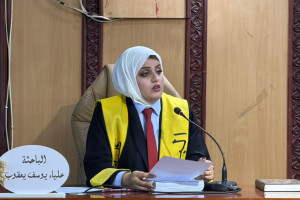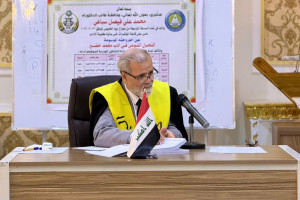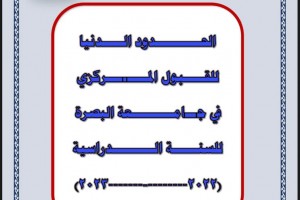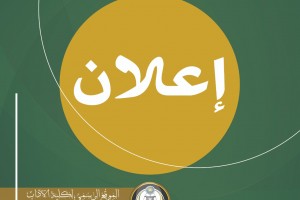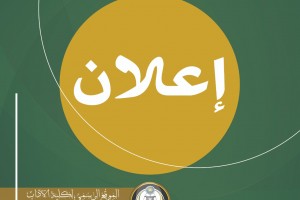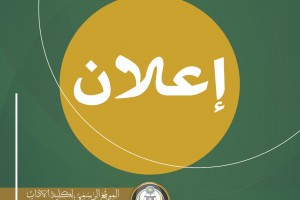
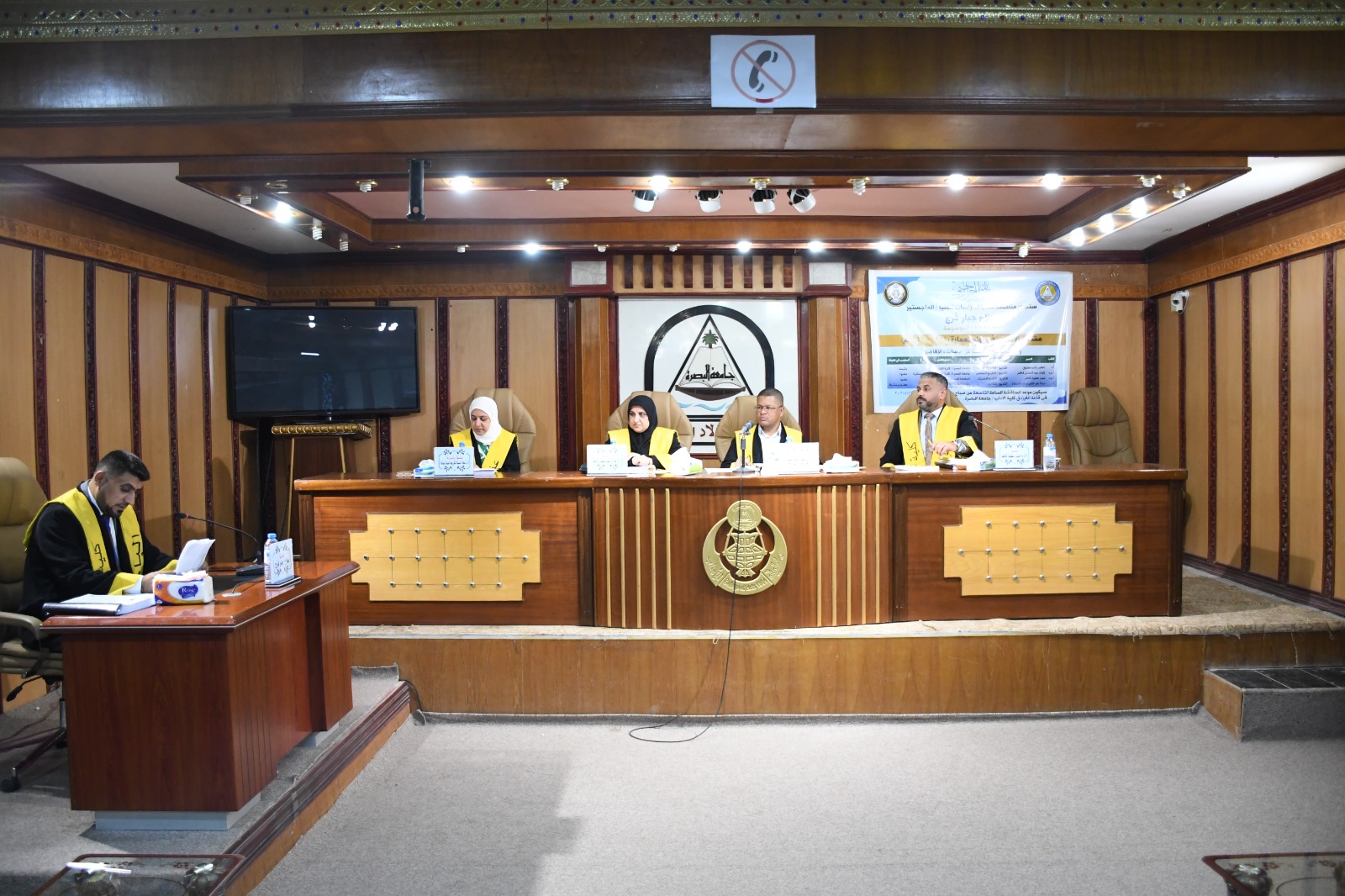
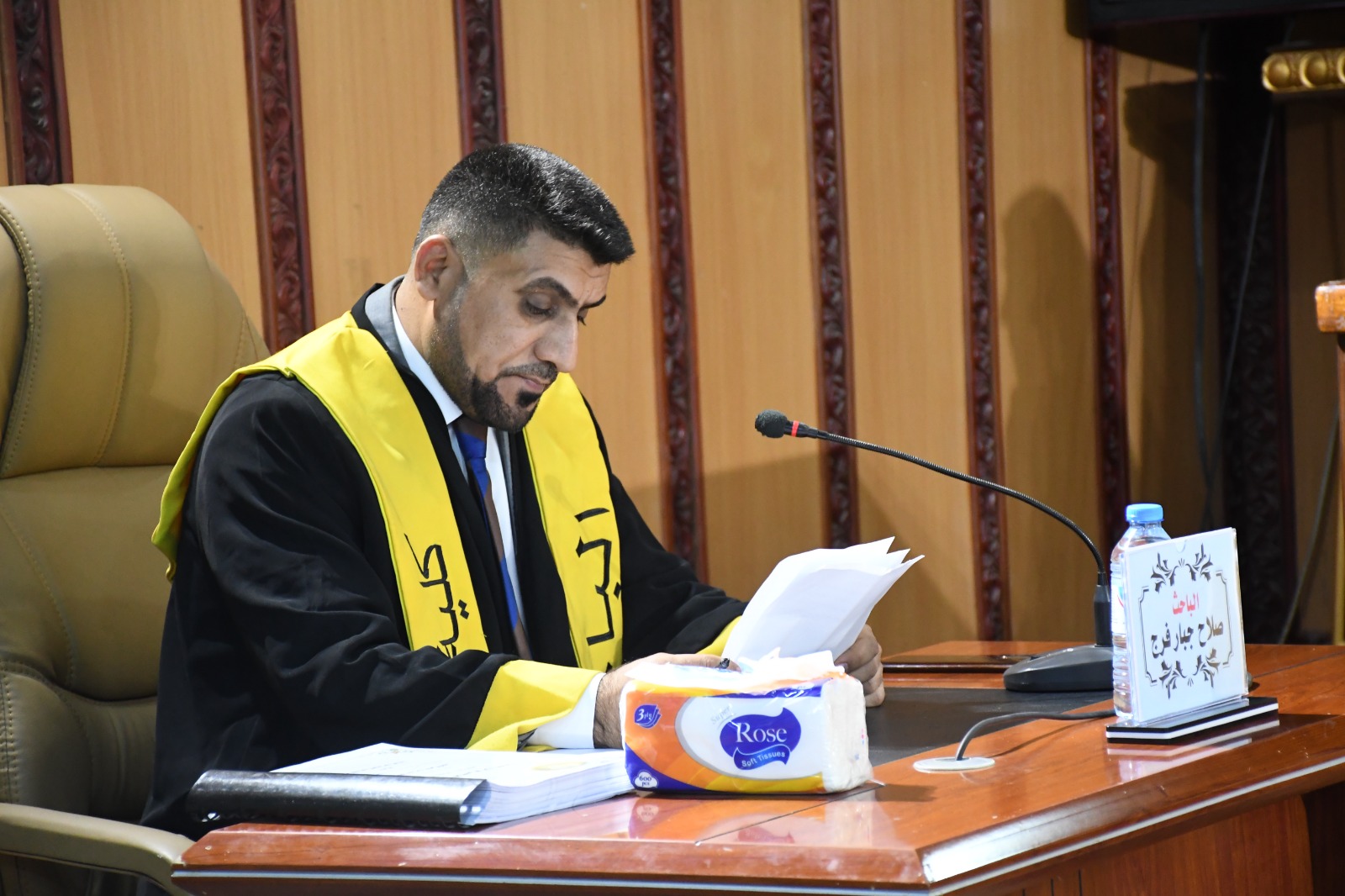
A master thesis in the Department of History, College of Arts, University of Basrah, researched (The Land Problem in the Amara District 1958-1968).
The thesis presented by the student Salah Jabbar Faraj included three chapters (the land problem in the Amara district (1869-1958), the land problem of the Amara district during the era of Abdul Karim Qasim (1958-1963), the land problem of the Amara district during the Arefist rule (February 8, 1963-July 17, 1968), and the role of agricultural associations.
The thesis aims to answer some questions, including: What is the land problem in the Amara District? Was the government serious about eliminating this problem by issuing the Agrarian Reform Law No. (30), and did the law succeed in settling the lands in Iraq in general and the Amara District in particular, or did it resort to previous laws?
The thesis concluded that the revolution of July 14, 1958 sought to rid society of land monopoly by issuing the Agrarian Reform Law No. (30) and solving the land problem, but it lacked a well-thought-out plan for its implementation during its first year. However, many amendments made to the Agrarian Reform Law led to a delay in implementing the Agrarian Reform Law during the period it specified, which was five years. The successive governments used the land problem as propaganda to politicize their policies by issuing many amendments or subordinate laws in line with the social situation.

